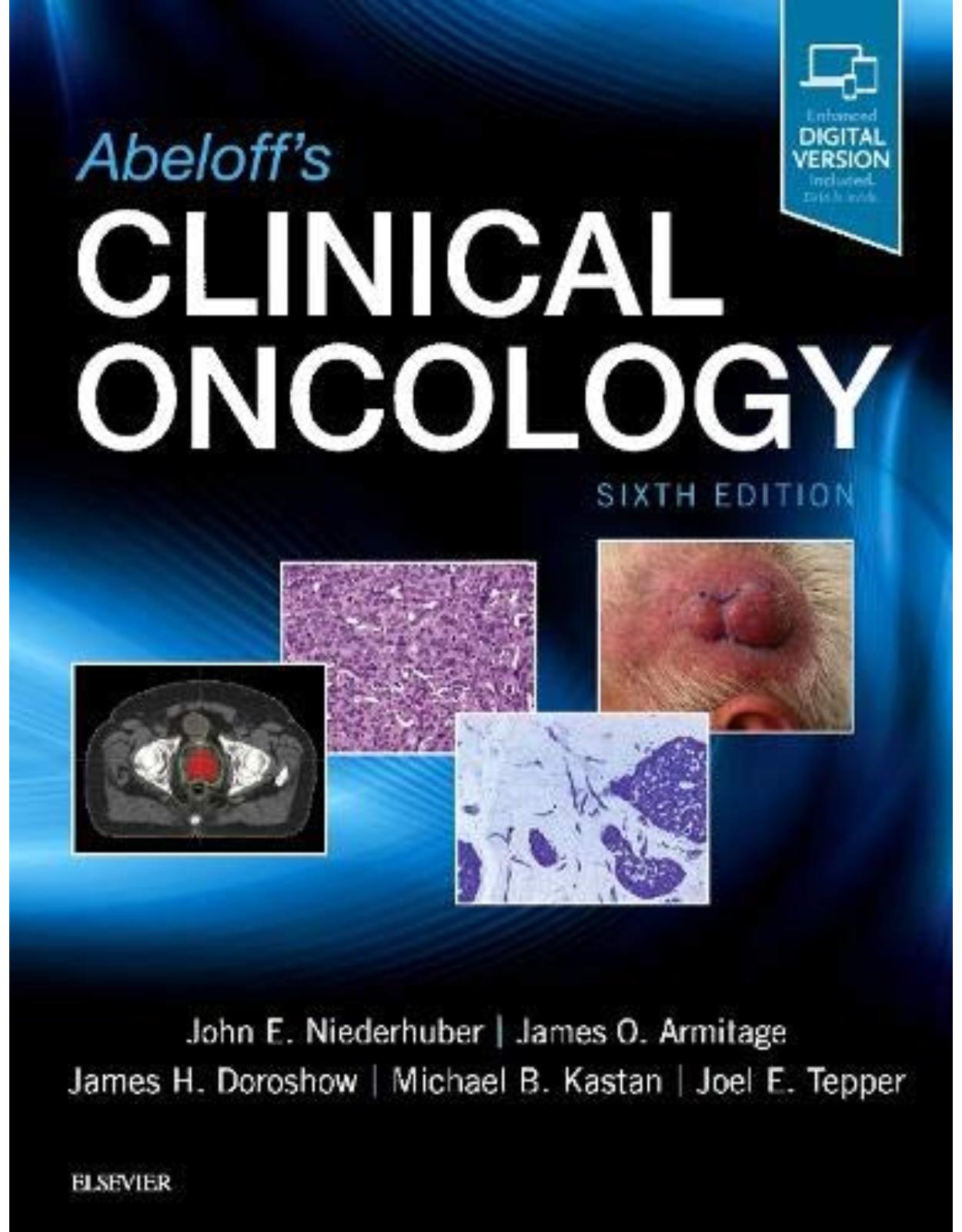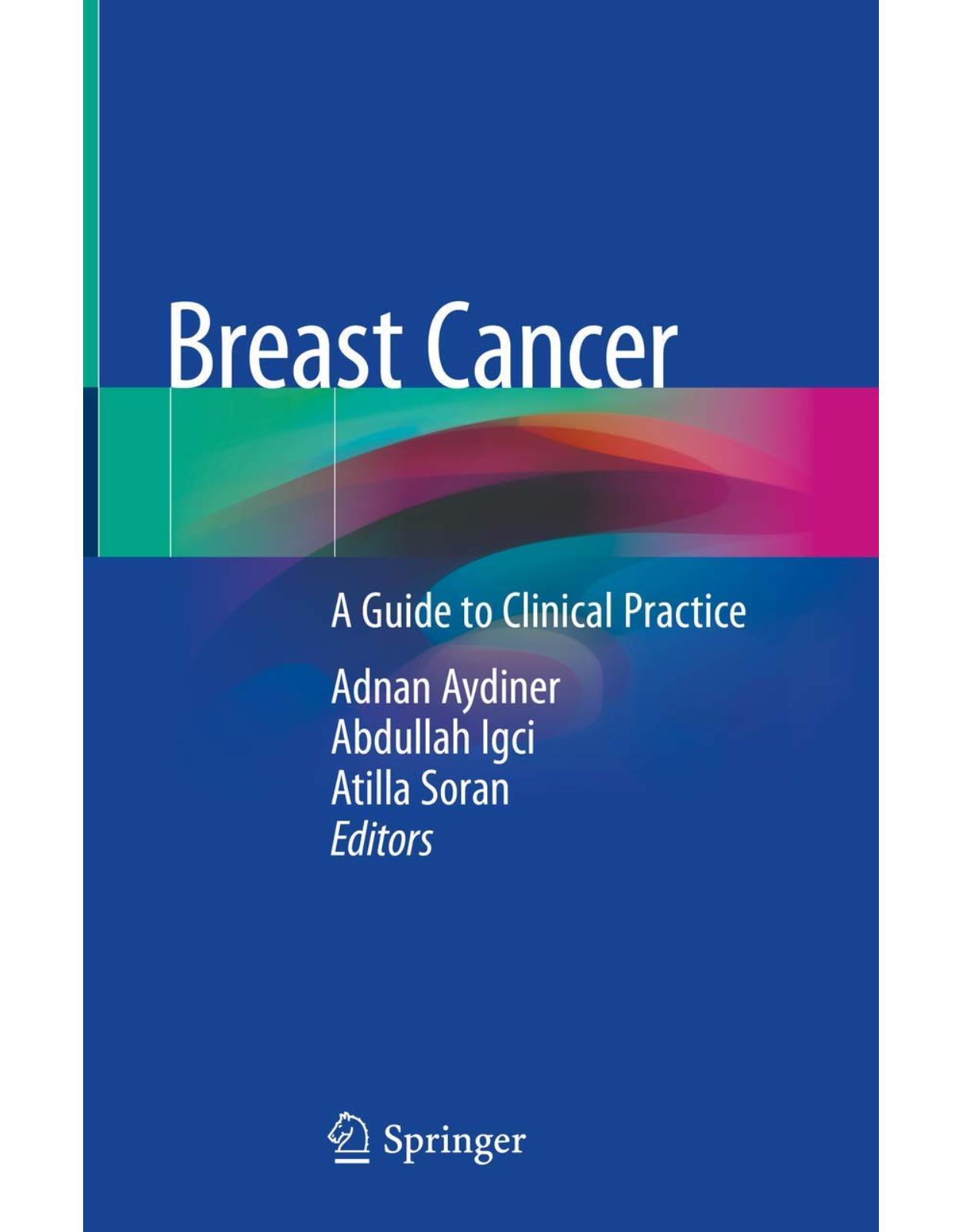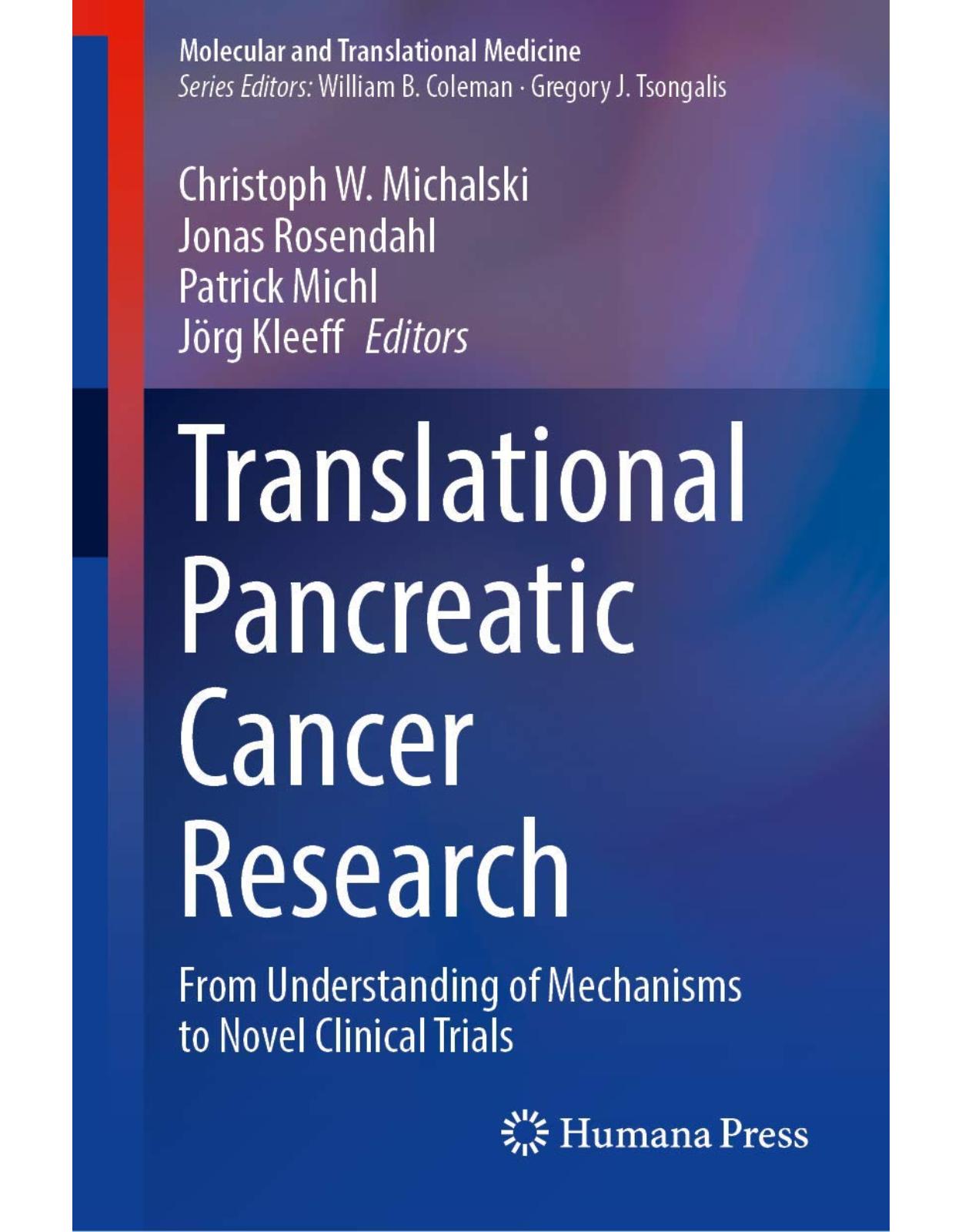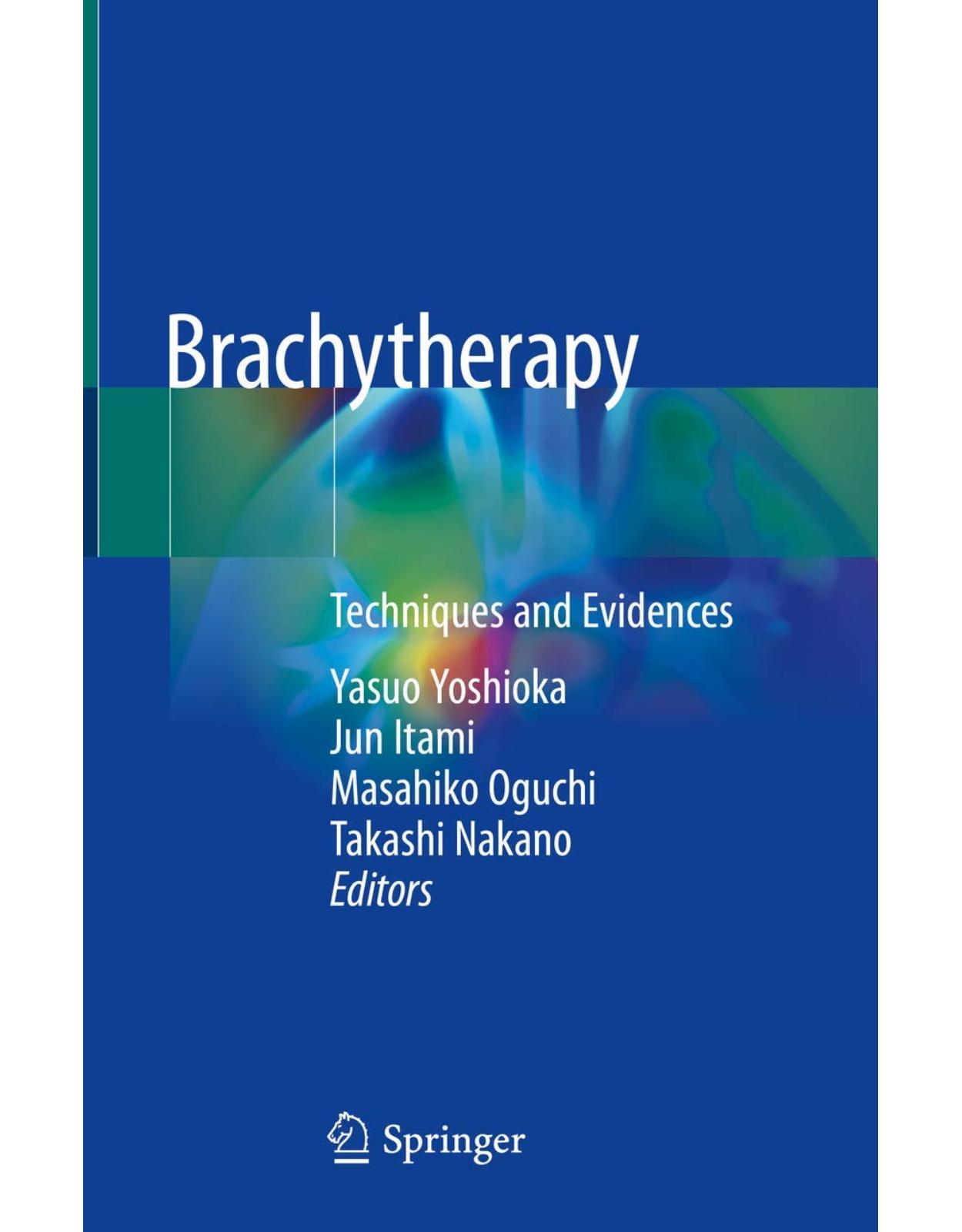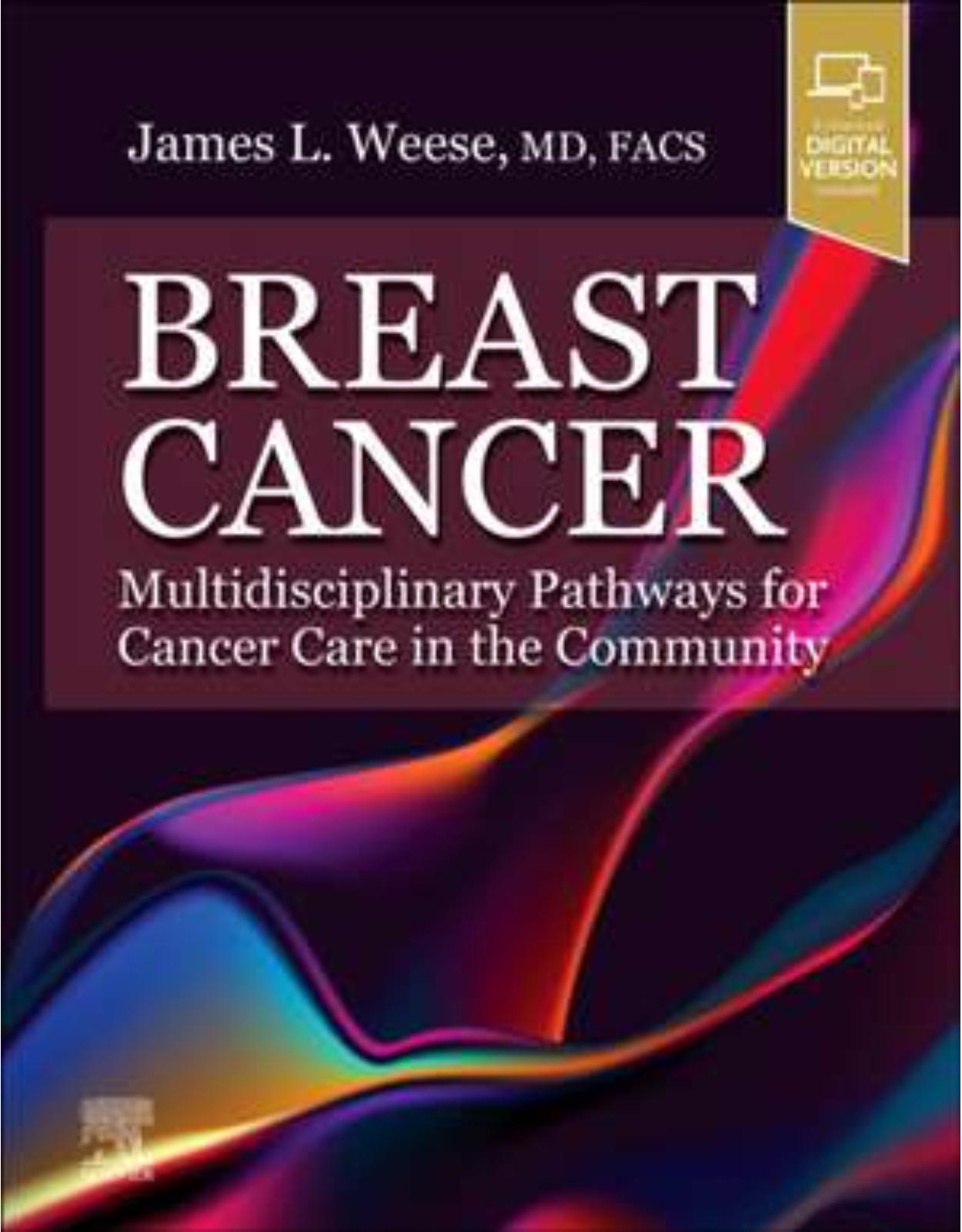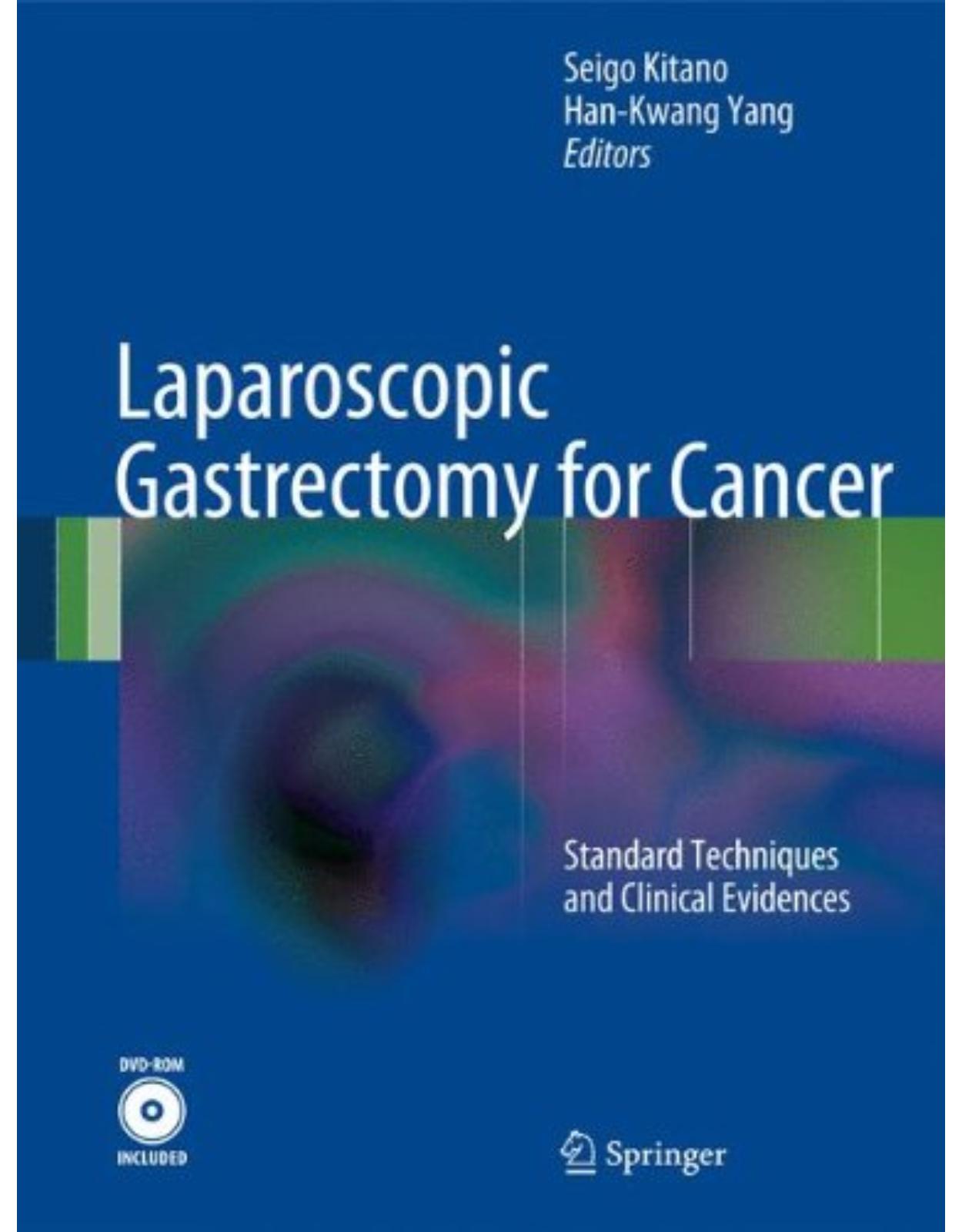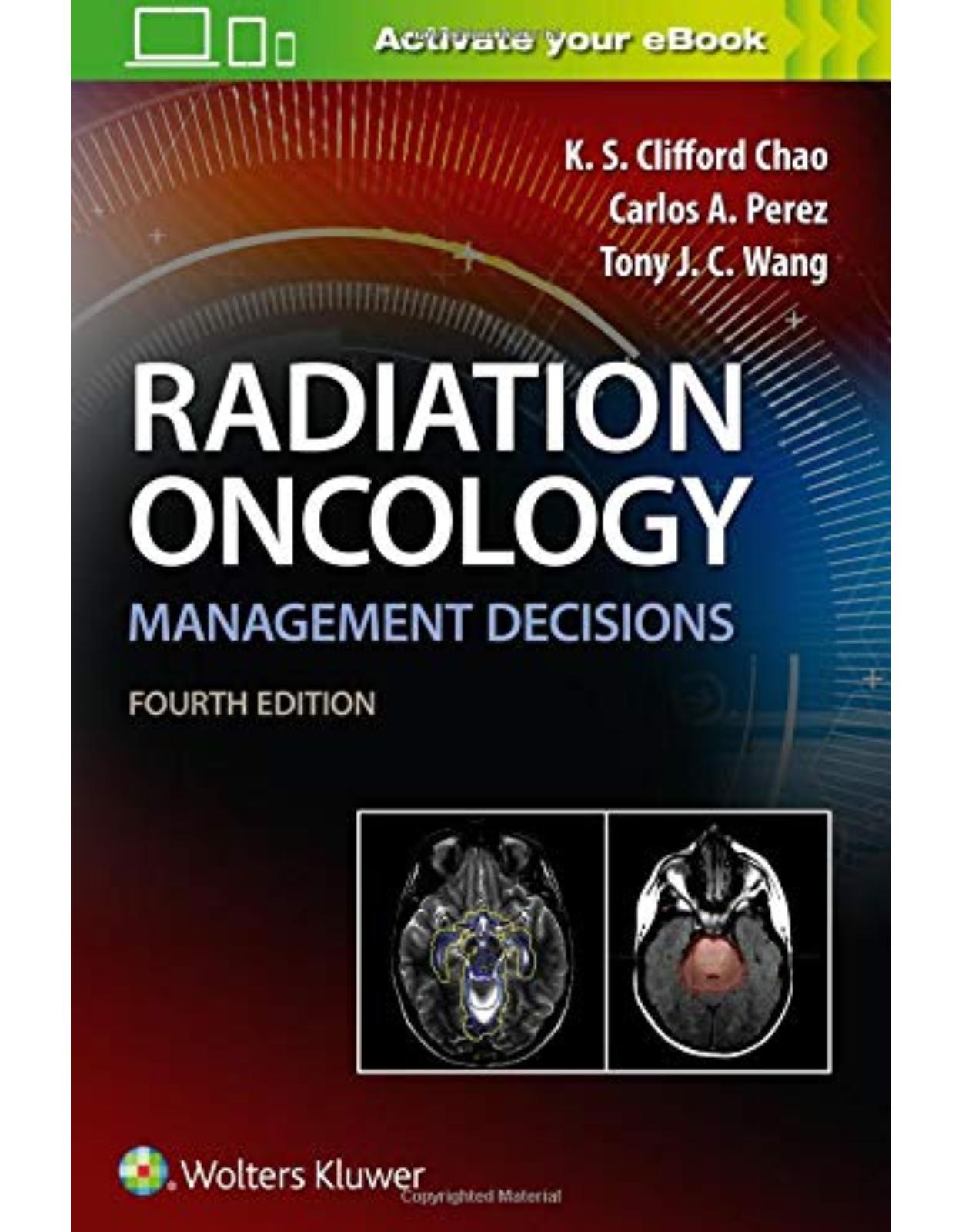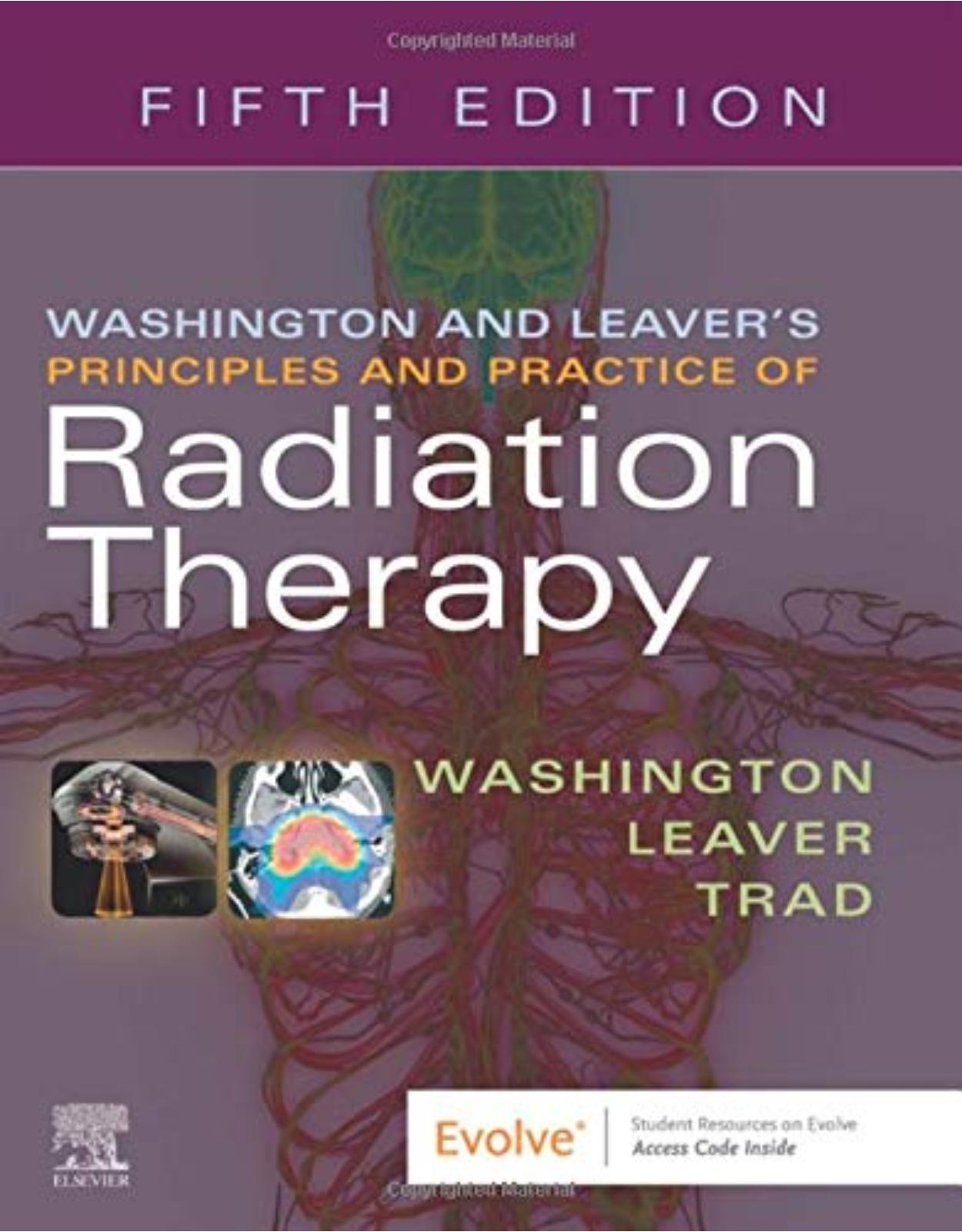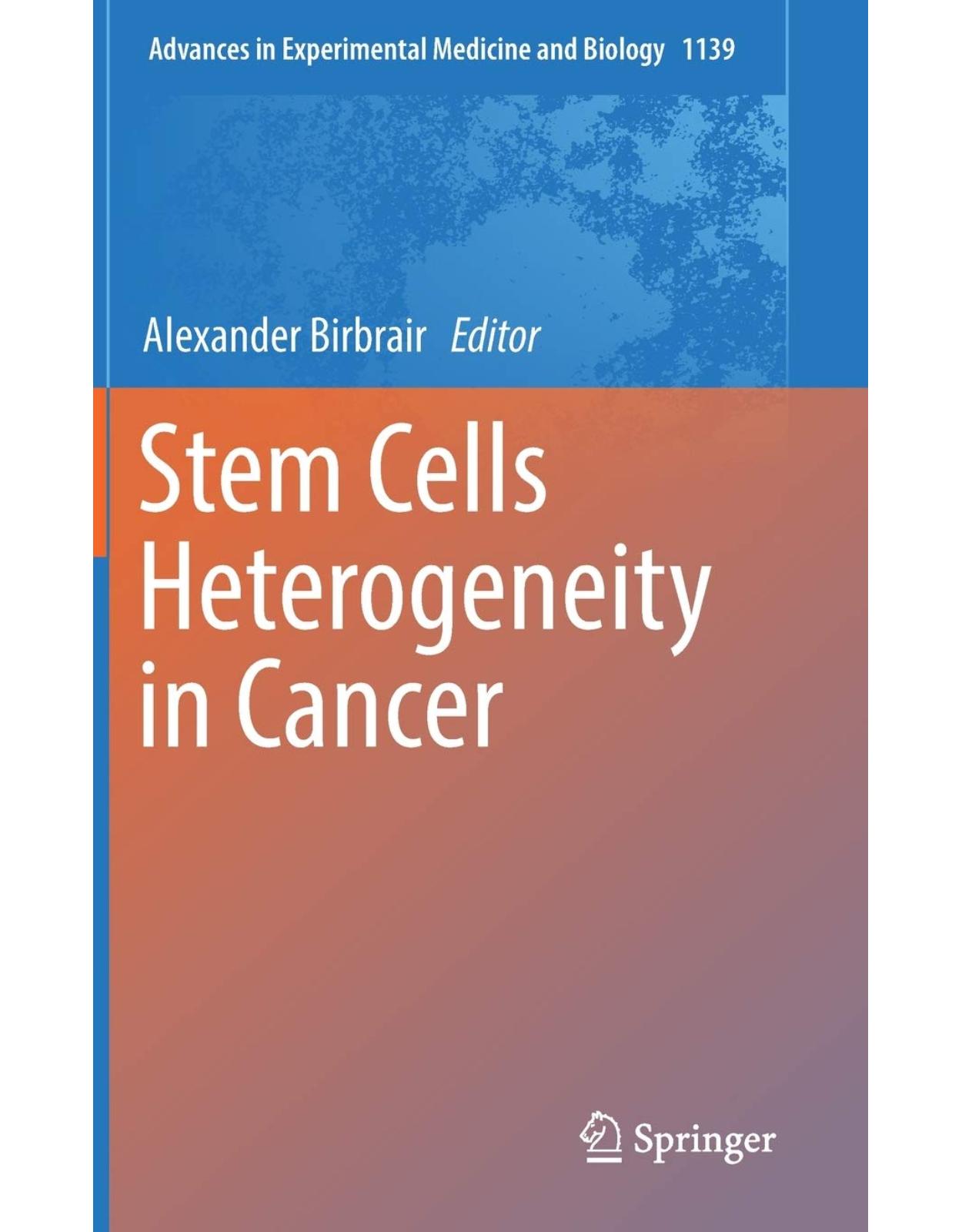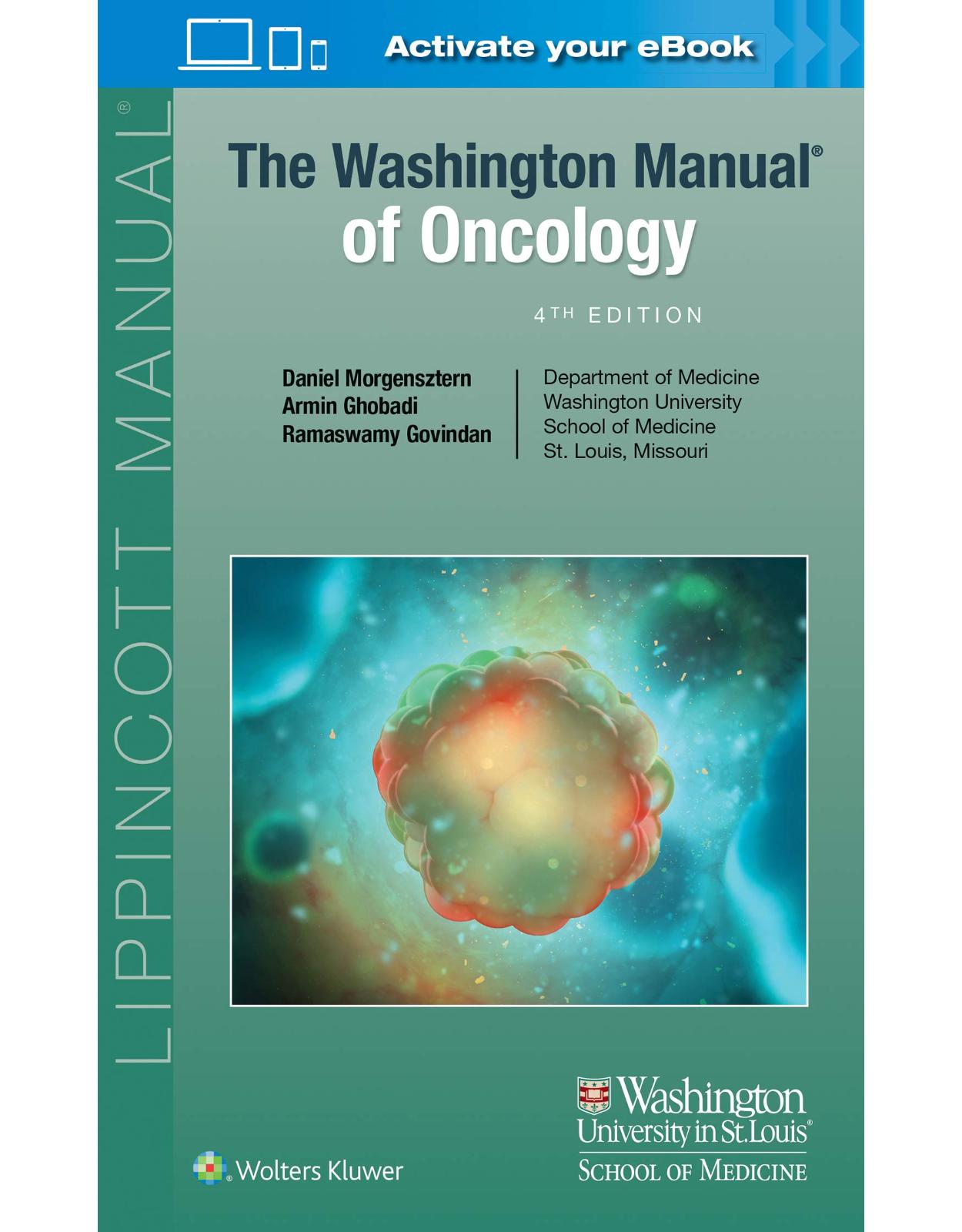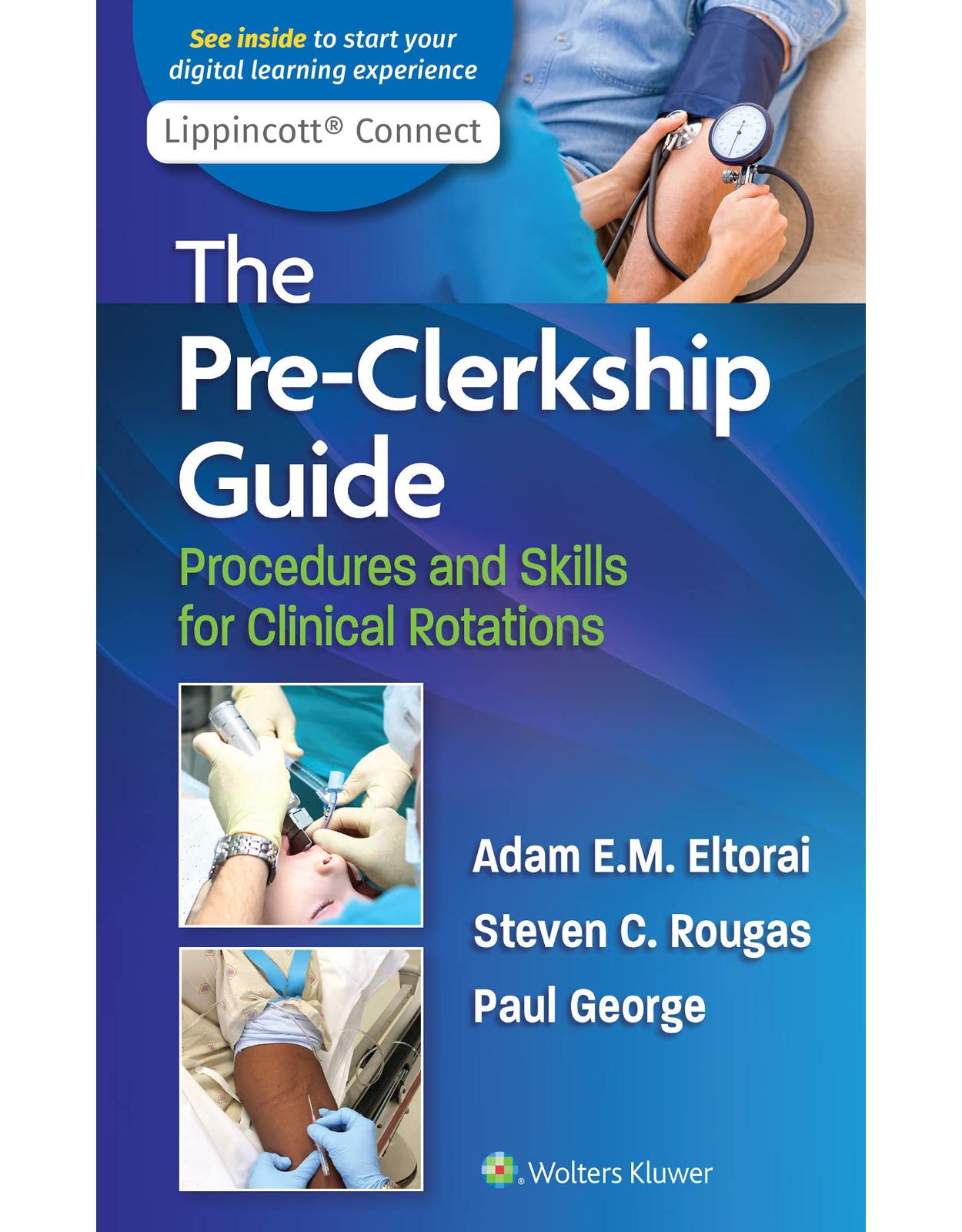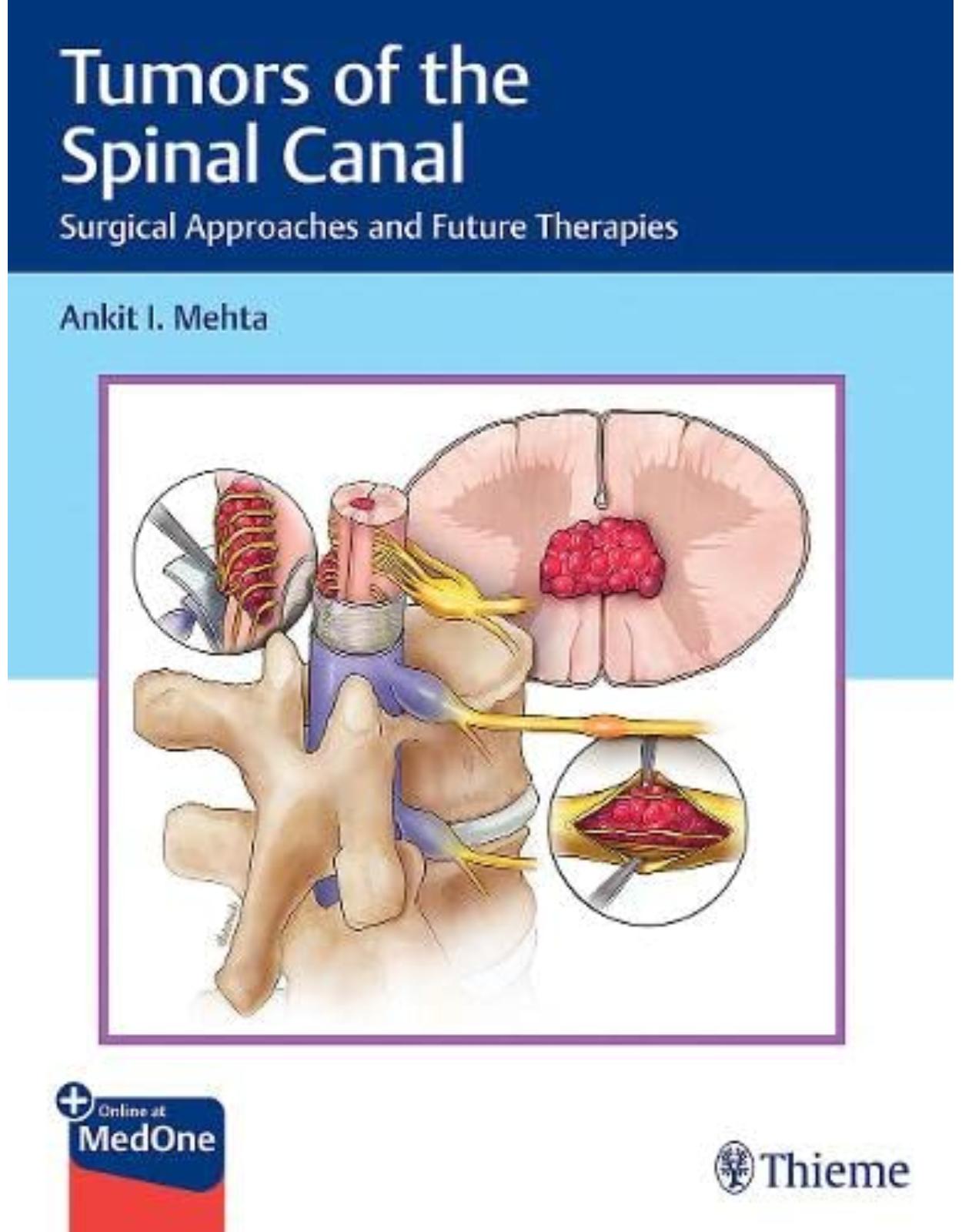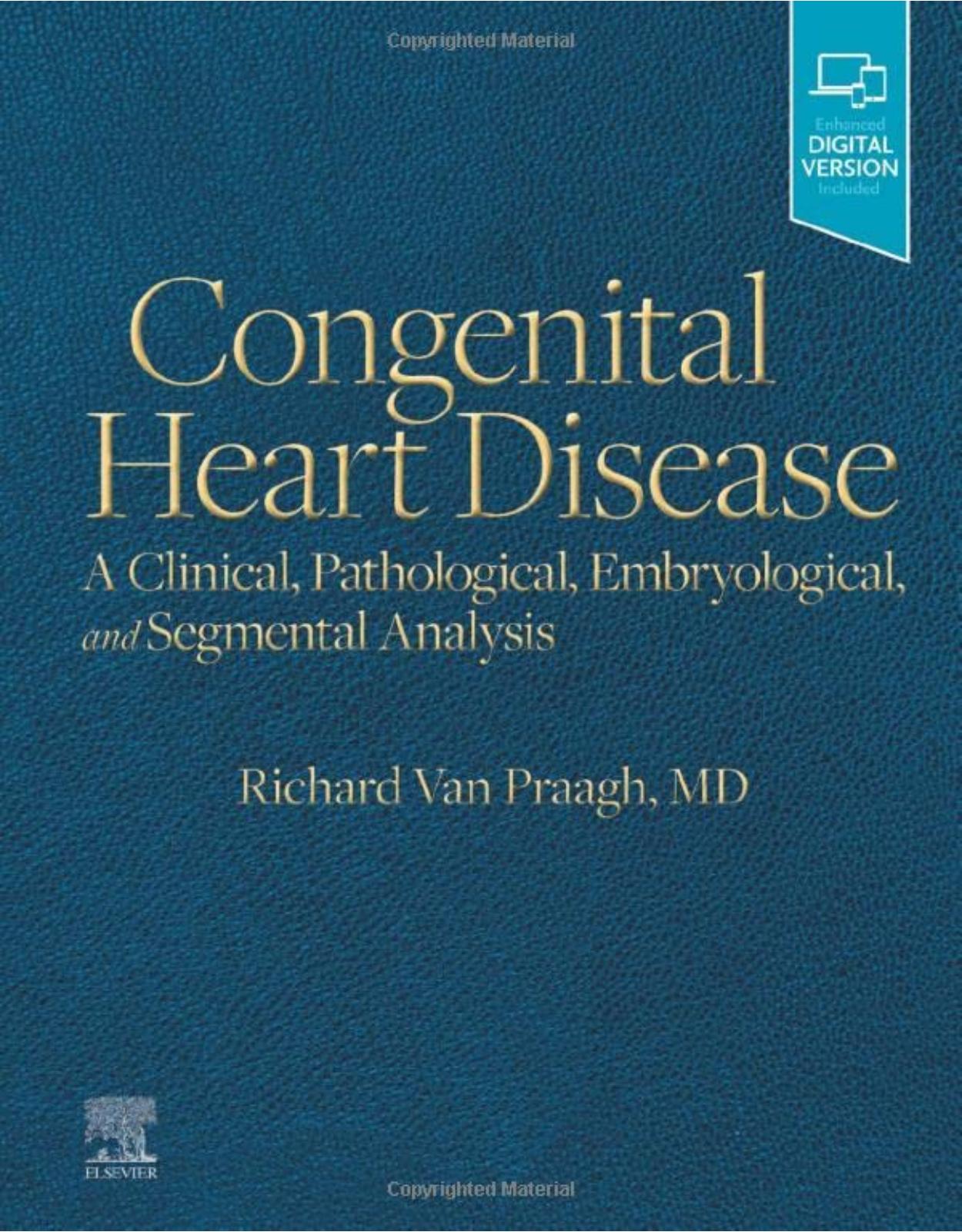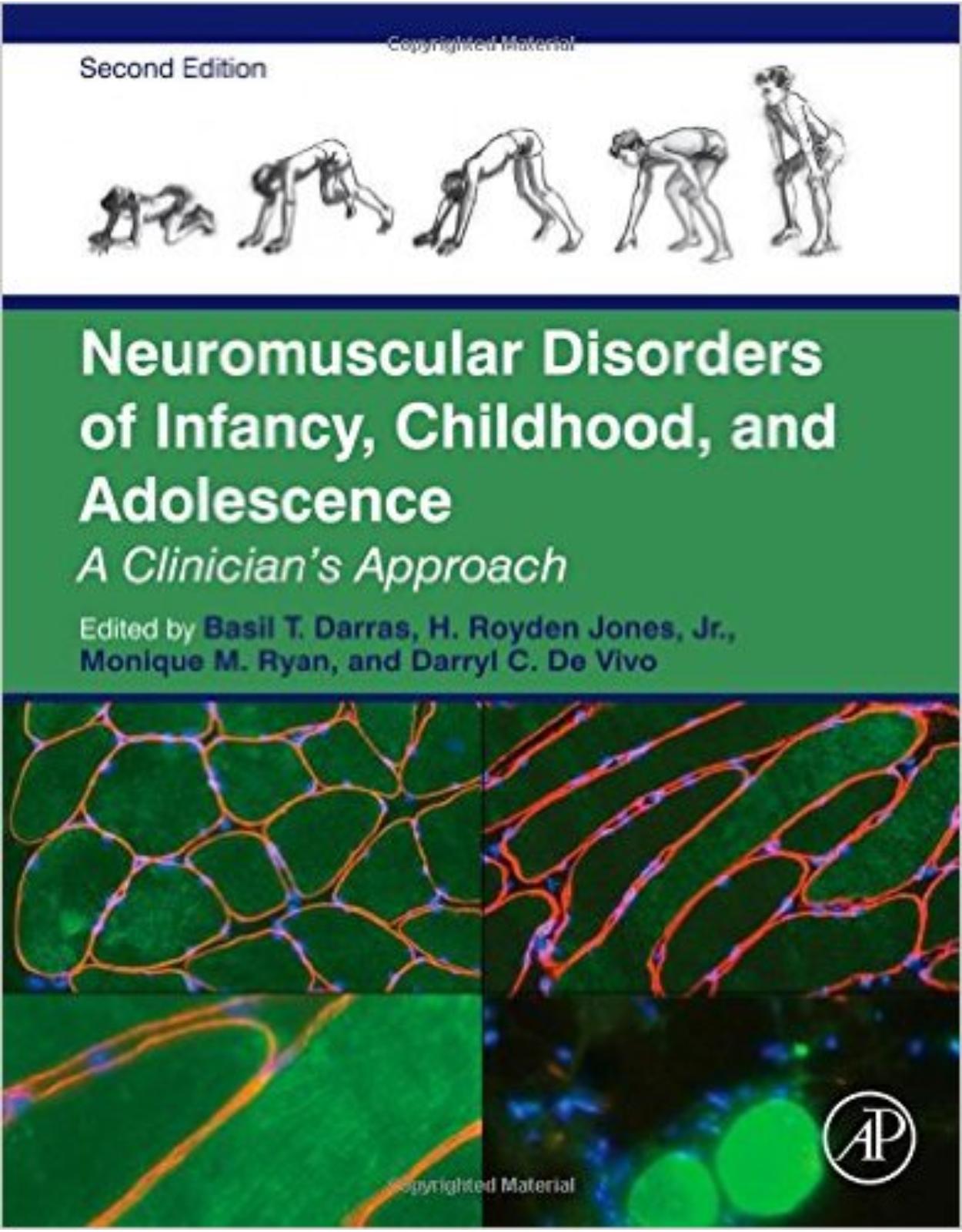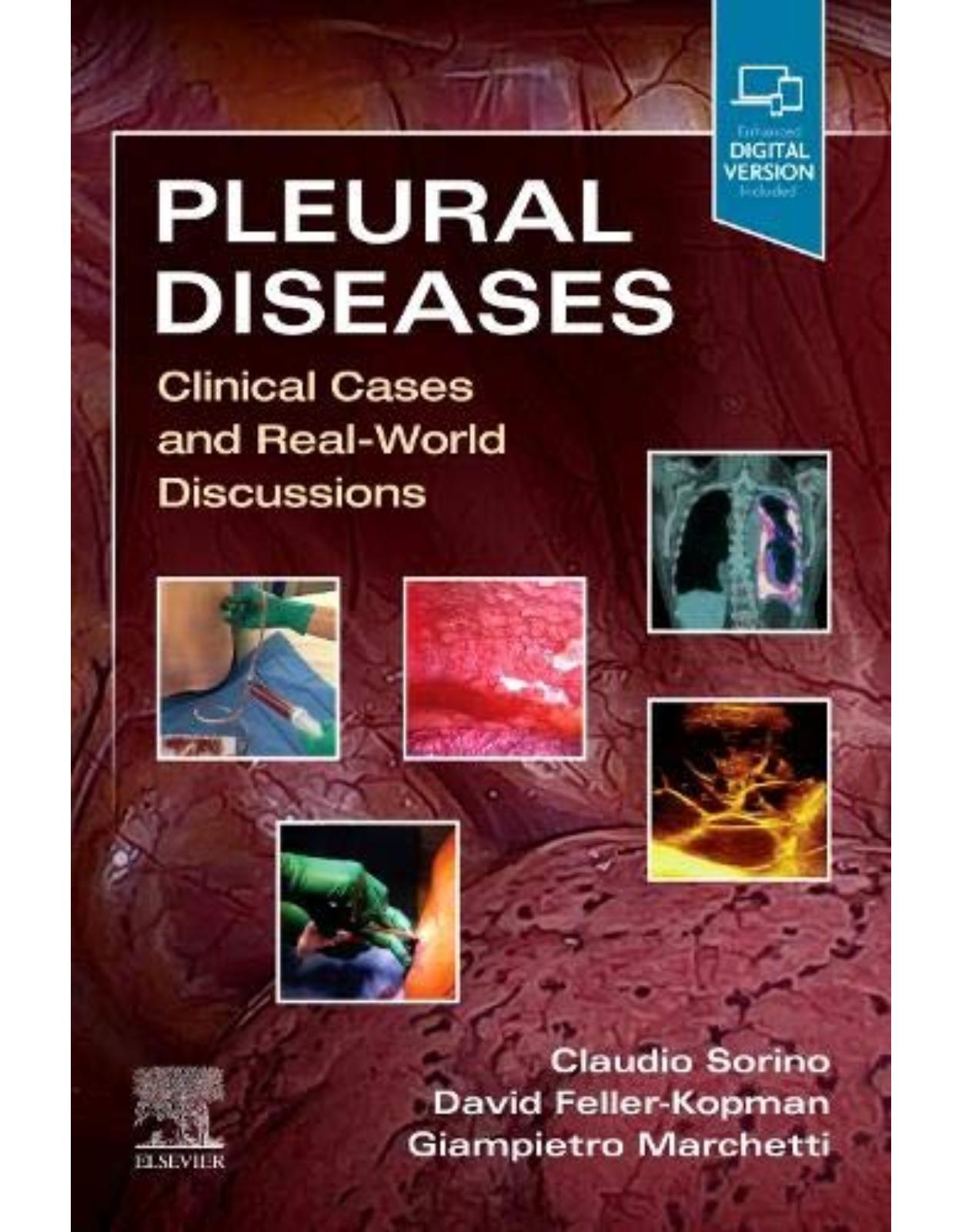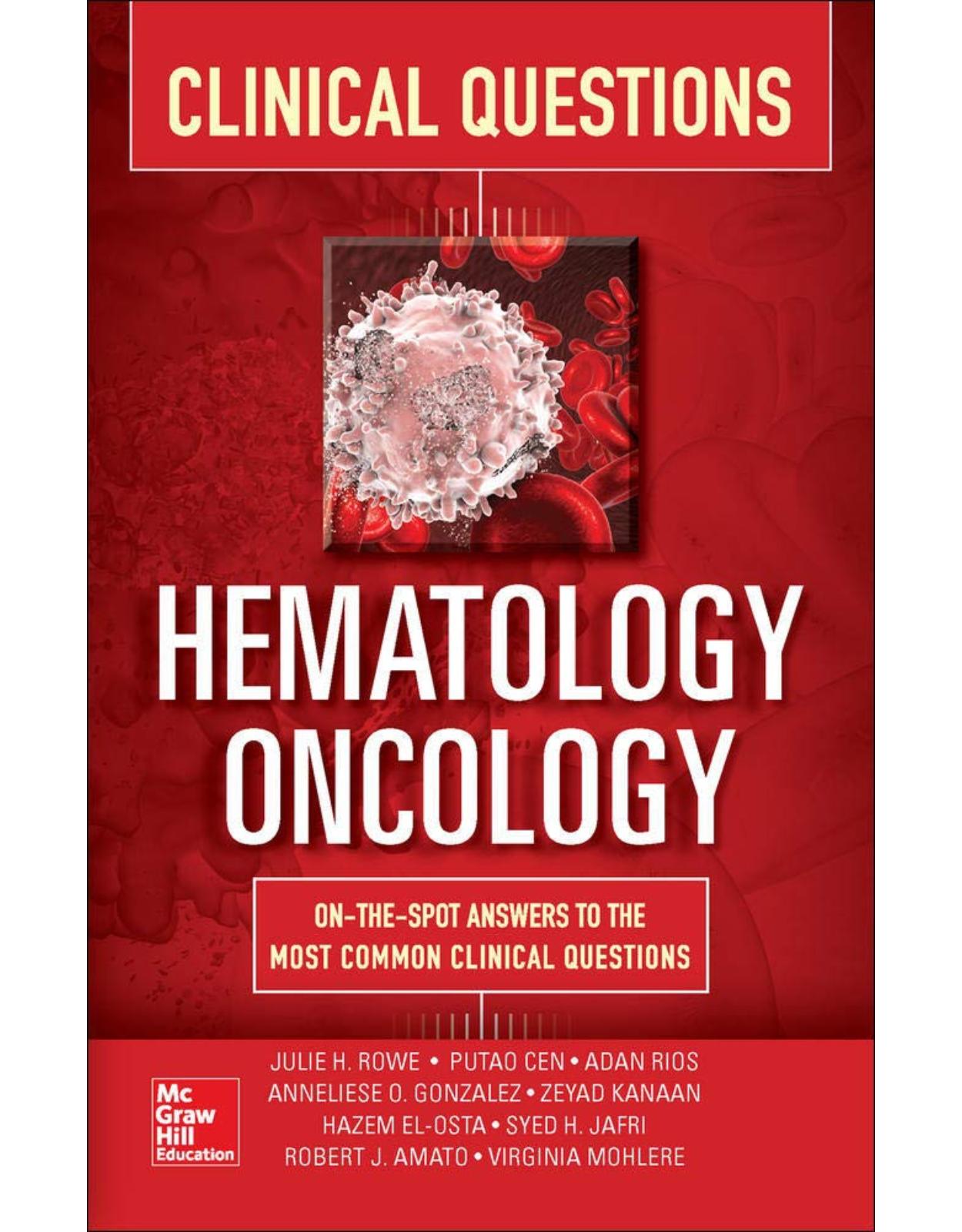
Hematology-Oncology Clinical Questions
Livrare gratis la comenzi peste 500 RON. Pentru celelalte comenzi livrarea este 20 RON.
Disponibilitate: La comanda in aproximativ 4-6 saptamani
Editura: McGraw-Hill
Limba: Engleza
Nr. pagini: 608
Coperta: Softcover
Dimensiuni: 11.43 x 2.29 x 17.78 cm
An aparitie: 2019
Description:
A unique point-of-care guide to clinical hematology-oncology that answers the most frequently asked questions Hematology-Oncology Clinical Questions is the single-best resource for quickly converting the most current data and research into practical, diagnostic real-time solutions. This unique book answers more than 60 of the clinical hematology-oncology questions most commonly asked of the authors during consultation. The content flow simulates the consultation process: Question…Data…Synthesis…Solution. The initial chapters prepare you with essential background fundamentals of hematology-oncology. Subsequent chapters are divided into tumor type, beginning with solid tumor types, and then hematological malignancies.
Each chapter includes:
•Key Concepts
•The Clinical Scenario
•The Action Items
•Pearls Hematology-Oncology Clinical Questions will prove to be a powerful tool to help learners from all points of the clinical spectrum understand the basic concepts of caring for a cancer patient.
Table of Contents:
Contributors
Preface
1. Cancer Pharmacology
Which chemotherapeutic agents cause hypersensitivity reaction, and how do we treat it?
How do we prevent and treat chemotherapy-induced peripheral neuropathy (CIPN)?
What are the acute and severe toxicities of methotrexate (MTX)?
What is the anthracycline lifetime cumulative dose limit for a given patient?
What are monoclonal antibodies, and how are they used in treating cancer?
What are the different bone-modifying agents for malignancies?
DRUG FACTS TABLES
Traditional cytotoxic agents
Adverse effects of traditional cytotoxic agents
Targeted cytotoxic agents
Monoclonal antibodies for cancer treatment
Tyrosine kinase inhibitors (TKIs)
Hormonal agents for cancer treatment
FDA-approved checkpoint inhibitors
Immune-related adverse events (irAEs) associated with the use of checkpoint inhibitors
2. Basics of Oncology and Pathology
What are the different treatment modalities in radiation therapy?
What is the clinical scope and management for brain metastases?
What malignancies are associated with infectious etiology? Are there any preventative measures for these malignancies?
What are the features of a normal peripheral blood smear?
Does this peripheral blood smear explain the patient’s anemia?
Can acute leukemias be diagnosed by peripheral blood smear review under light microscopy?
What is the significance of this red blood cell (RBC) formation on a peripheral blood smear?
What are the key elements in evaluating a bone marrow aspirate and biopsy?
What are some of the applications of flow cytometry in the evaluation of hematologic conditions?
What is cytogenetic testing, and what is its role in hematologic malignancies?
What is the significance of molecular diagnostics in hematological malignancies?
What is immunohistochemistry (IHC), and how is it used to determine the tumor origin?
What are tumor markers, and what malignancies are associated with them?
What is the difference between genetic polymorphism and mutation?
What are the different types of basic genetic variations?
What is next generation sequencing (NGS), and what are its advantages in oncology?
3. Most Common Hematology Questions
How do I work up my patient with anemia?
How do I work up my patient with easy bruisability and a bleeding tendency?
When and how do I work up a patient for a hypercoagulable state?
For how long do I give anticoagulants to my patient with a venous thrombosis?
How do I work up my patient with isolated leukocytosis?
What are the potential complications when transfusing blood products?
When should I transfuse my patient with blood products?
How do I treat my patient with iron overload?
How do I evaluate a patient with leukocytopenia?
How do I treat my patient with iron-deficiency anemia?
4. Screening
What are the recommendations for breast cancer screening?
What are the guidelines for cervical cancer screening?
Is prostate cancer screening necessary?
Does my patient need lung cancer screening?
What are the guidelines for “average risk” colon cancer (CRC) screening?
5. Breast Cancer
What are the receptors tested in breast cancer?
What is the staging scheme used in breast cancer?
What are the different surgical options for breast cancer?
What are the different surgical options for the axilla management for breast cancer?
What is the current role of radiation treatment in breast cancer?
What is the role of adjuvant chemotherapy and anti–human epidermal growth factor receptor 2 (HER2) targeted therapy in breast cancer?
What is the role of adjuvant hormonal therapy in breast cancer?
How do I approach a patient with metastatic breast cancer?
What is the treatment for hormone receptor–positive metastatic breast cancer?
When do I use chemotherapy in metastatic breast cancer, and what is the role of anti–HER2 neu therapy?
How do I treat a patient with inflammatory breast cancer (IBC)?
What are phyllodes tumors, and how are they managed?
6. Head and Neck Cancer
When should I add chemotherapy concurrently to radiation therapy in resected advanced head and neck squamous cell carcinoma (HNSCC)?
When should I recommend the placement of a feeding tube in a head and neck cancer (HNSCC) patient receiving radiation treatment?
What is the role of induction chemotherapy in advanced head and neck squamous cell carcinoma (HNSCC)?
When is the organ preservation approach not considered equivalent to the surgical approach in head and neck cancer?
What are the systemic treatment options for metastatic head and neck cancer?
When can I use immunotherapy in the treatment of advanced head and neck cancer?
7. Gastrointestinal Cancers
Anal Cancer
How is anal cancer (AC) treated?
Esophagogastric Cancer
What are the epidemiology and risk factors for esophageal cancer (EC)?
What is the staging work-up for esophagogastric and pancreatic malignancies?
Pancreatic Adenocarcinoma
What are the risk factors for pancreatic ductal adenocarcinomas, and who should undergo pancreatic cancer (PC) screening?
What defines resectability for localized pancreatic adenocarcinoma?
What are systemic treatment options for metastatic pancreatic adenocarcinoma?
Cholangiocarcinomas
What are the different biliary tract cancers and their risk factors?
Hepatocellular Carcinoma
What are the guidelines for hepatocellular carcinoma (HCC) screening?
What are the criteria for liver transplantation and bridging therapies in hepatocellular carcinoma?
What are the different modalities for locoregional therapies for hepatocellular carcinoma (HCC)?
What are the different staging systems for hepatocellular carcinoma (HCC)?
What systemic therapy can be used to treat multifocal, advanced hepatocellular carcinoma (HCC)?
Colorectal Cancer
What are the surgical options for colon and rectal cancer?
What are mismatch repair (MMR) genes and microsatellite instability (MSI), and how do we test for them in colorectal cancer (CRC)?
What are the common molecular pathways of colorectal cancer (CRC), and what mutations are clinically applicable?
Should the elderly receive adjuvant chemotherapy for colon cancer?
What are secondary/lifestyle modifications and survivorship strategies for colorectal cancer (CRC)?
Neuroendocrine Tumors
What are the different type of neuroendocrine tumors (NETs)?
8. Genitourinary Cancers
Bladder
What is the first-line systemic treatment for metastatic transitional cell bladder cancer?
What is the role of immunotherapy in advanced bladder cancer?
What is the role of neoadjuvant chemotherapy in bladder cancer?
Kidney
What are the initial evaluation and treatment options of localized renal cell carcinoma (RCC)?
What is a prognostic factor model used in metastatic renal cell carcinoma (RCC), and how is it applied in treatment decision-making?
In what patient population do we consider cytoreductive nephrectomy (CN)?
What are the systemic treatment options for metastatic clear-cell renal cell carcinoma (RCC)?
Prostate
How is prostate cancer initially diagnosed?
Terminology of recurrent/metastatic prostate cancer
What radiotherapy treatment options are available for patients with localized prostate cancer?
What is the management of progressive metastatic prostatic castrate-naïve cancer?
How do I manage metastatic castrate-resistant prostate cancer (mCRPC)?
Does chemotherapy have a role in castrate-naïve prostate cancer (CNPC)?
What is sipuleucel-T, and what is its role in metastatic prostate cancer?
Testicular
Tumor markers for germ cell tumors (GCT)
How do I treat a patient with testicular seminoma?
How do I treat a patient with metastatic nonseminomatous testicular cancer (NSGCT)?
9. Gynecolological Malignancies
How should I manage patients with locally advanced cervical cancer?
How do I treat early stage endometrial cancer?
What is the optimal treatment for non-metastatic ovarian cancer?
10. Thoracic Cancers
Small-Cell Lung Cancer
How do I treat patients presenting with limited-stage small cell lung cancer (LS-SCLC)?
How do I treat patients presenting with extensive-stage small cell lung cancer (ES-SCLC)?
Is there a role for radiation therapy following palliative chemotherapy in ES-SCLC?
Non–Small Cell Lung Cancer
What molecular tests should I order in a patient diagnosed with non–small cell lung cancer (NSCLC)?
What is the stage of my lung cancer patient’s disease?
Can my patient tolerate lung resection surgery?
Does my patient need adjuvant chemotherapy after lung cancer surgery?
When does my patient need adjuvant radiation therapy after lung cancer surgery?
Which systemic treatment should I chose for newly diagnosed patients with advanced or relapsing non–small cell lung cancer (NSCLC)?
What is the current role of stereotactic radiation therapy (SBRT) in medically inoperable lung cancer?
What are the different strategies of maintenance chemotherapy in advanced NSCLC, and when is it associated with better outcome?
11. Rare Cancers
Thyroid Carcinoma
Which targeted drugs are approved for use in thyroid cancer?
Metastatic Cutaneous Melanoma
How do I treat a patient with metastatic cutaneous melanoma?
Sarcomas
How do I manage patients with soft-tissue sarcoma (STS)?
Occult Primary Carcinoma
How should I approach a patient with carcinoma of unknown primary (CUP)?
12. Basics of Bone Marrow Transplantation
What are the indications for a stem cell transplantation (SCT)?
What are the potential complications of a stem cell transplantation (SCT)?
13. Leukemia
Acute Leukemia
How should I treat my patient with leukostasis?
Why is it important to consider the diagnosis of acute promyelocytic leukemia (APL) in any patient presenting with an acute leukemia?
How do I prepare my patient for induction chemotherapy?
Do I need to evaluate cytogenetic and molecular data in my patient with acute leukemia?
What are the supportive care measures in patients being treated for acute leukemia?
How do I know whether my patient with acute leukemia has achieved a complete remission (CR)?
Should my patient receive intrathecal (IT) chemotherapy?
How do I manage an elderly patient or patients with comorbidities diagnosed with acute leukemia?
How do I monitor my patient in a sustained complete remission for disease relapse and late toxicities after completion of chemotherapy?
How do I treat relapsed and refractory acute leukemia?
What is leukemia cutis (LC)?
Do all acute lymphoblastic leukemia (ALL) patients require a bone marrow evaluation?
What are the targeted therapies for acute lymphoblastic leukemia (ALL)?
What are the differences in acute lymphoblastic leukemia (ALL) treatment by patient age?
What is the rationale for multi-agent chemotherapy in acute lymphoblastic leukemia (ALL)?
Do all acute lymphoblastic leukemia (ALL) patients receive intrathecal chemotherapy?
Is it common to use asparaginase compounds in all acute lymphoblastic leukemia (ALL) patients?
Why is consolidation therapy given after induction if patients achieve remission?
What are the key differences between allogeneic and autologous stem cell transplantation (SCT)?
Which acute lymphoblastic leukemia (ALL) patients are recommended an allogeneic stem cell transplant (AHSCT)?
Are steroids effective in acute lymphoblastic leukemia (ALL)?
Chronic Leukemia
What is chronic myelogenous leukemia (CML), and why is it classified separately from other myeloproliferative neoplasms?
What is accelerated-phase (AP) chronic myelogenous leukemia (CML)?
How is chronic myelogenous leukemia (CML) treated?
How are responses to therapy evaluated and treatment monitored in patients with chronic myelogenous leukemia (CML)?
14. Lymphoma
What are the differences between aggressive lymphomas and indolent lymphomas?
How do I know which patients benefit from rituximab?
Why is it necessary to check a hepatitis panel in patients before they receive rituximab?
How many types of lymphomas are there?
What are B-symptoms?
Does the Ann Arbor staging system apply to both Hodgkin and non-Hodgkin lymphoma?
I have a patient with HIV/AIDS and a new lymphoma diagnosis: what type could it be?
Is a bone marrow evaluation required for all lymphoma patients?
If my patient has central nervous system (CNS) lymphoma, will intravenous R-CHOP treat it?
If a lymphoma is causing cord compression, do I refer for surgery, radiation, or chemotherapy?
What type of biopsy is needed to diagnose a nodal lymphoma?
Lymphomas associated with infection: mucosa-associated lymphoid tissue (MALT) lymphomas
A patient with an indolent lymphoma now has B-symptoms and increased lactate dehydrogenase (LDH): do I need to re-biopsy?
Why are checkpoint immune inhibitors used mainly for Hodgkin lymphoma and not non-Hodgkin lymphomas?
15. Plasma Cell Disorders
What tests do I order if I have a patient with high total protein levels in serum and normal or low albumin levels?
What is the difference between monoclonal gammopathy of undetermined significance (MGUS) and multiple myeloma (MM)?
Can multiple myeloma present as a solid mass?
How do I monitor a patient receiving treatment for multiple myeloma (MM)?
What tests do I order if a patient has high total protein levels in the serum and normal or low albumin levels?
What are immunomodulatory drugs (iMDs)?
What type of stem cell therapy/transplant (SCT) is offered to selected patients with multiple myeloma (MM)?
What are the priorities in choosing an anti-myeloma regimen?
How is multiple myeloma (MM) staged?
16. Myeloproliferative Neoplasms
What are myeloproliferative neoplasms (MPNs)?
What are the molecular abnormalities that occur in myeloproliferative neoplasms (MPNs)?
How is polycythemia vera (PV) diagnosed?
How is polycythemia vera (PV) treated?
How is essential thrombocythemia (ET) diagnosed and treated?
What is primary myelofibrosis (PMF), and how is it diagnosed?
How is myelofibrosis (MF) treated?
17. Myelodysplastic Syndromes
What are myelodysplastic syndromes (MDSs)?
What is included in the evaluation of a patient with a myelodysplastic syndrome (MDS)?
What is the prognostic stratification of patients with myelodysplastic syndromes (MDSs)?
How are myelodysplastic syndromes (MDSs) treated?
18. Guidelines for Supportive Care
What are different measures of performance status?
How do I address fertility in young patients who plan to receive chemotherapy?
How is chemotherapy-induced nausea/vomiting (CINV) best managed?
How is chemotherapy-related diarrhea managed?
How is chemotherapy-related constipation managed?
How do I manage a patient with cancer cachexia?
What is palliative care, and how is it incorporated into oncology management? What is involved in the goals of care discussion?
How do I manage cancer-related pain in patients with advanced malignancies?
19. Oncologic Emergencies
What is the clinical scope and management for brain metastases?
How should I manage a patient with febrile neutropenia?
How should I manage a patient with malignant spinal cord compression (MSCC)?
How should I manage superior vena cava (SVC) syndrome?
How should I manage malignancy-associated hypercalcemia?
Management guide for malignancy-associated hypercalcemia
20. Genetic and Familial Assessment for Hereditary Cancer Syndromes
What is hereditary breast and ovarian cancer (HBOC) syndrome, and how is it managed?
What are common hereditary breast and ovarian syndromes and genetic etiologies?
What are common colorectal cancer (CRC) syndromes and associated cancers?
What is the hereditary evaluation for breast and pancreatic cancer?
Index
| An aparitie | 2019 |
| Autor | Julie Rowe, Anneliese Gonzalez, Syed Jafri, Putao Cen, Zeyad Kanaan, Robert Amato, Adan Rios, Hazem El Osta, Virginia Mohlere |
| Dimensiuni | 11.43 x 2.29 x 17.78 cm |
| Editura | McGraw-Hill |
| Format | Softcover |
| ISBN | 9781260026627 |
| Limba | Engleza |
| Nr pag | 608 |
-
1,16600 lei 1,04300 lei

